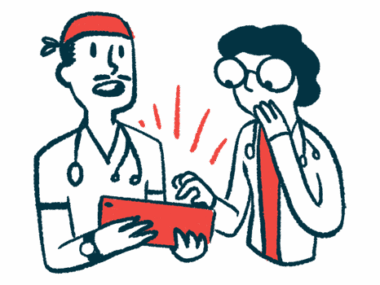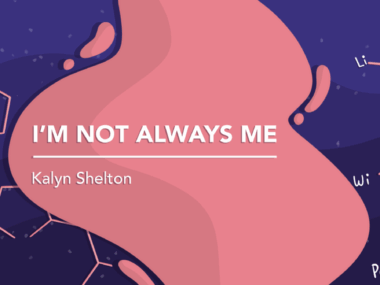Soleo Health to Administer Givlaari to Adults With AHP
Written by |

Soleo Health announced it will start to administer Givlaari (givosiran), an injectable treatment by Alnylam Pharmaceuticals’ for adults with acute hepatic porphyria (AHP).
“We are once again expanding our portfolio of infusible and injectable specialty pharmaceuticals to elevate our levels of quality patient care and therapeutic service offerings. Our role in the administration of Givlaari complements the many other rare or ultra-rare drug distribution products and personalized care we provide,” Drew Walk, CEO of Soleo Health, said in a press release.
Soleo Health will leverage its expertise in the provision of specialty pharmaceuticals to offer Givlaari under-the-skin (subcutaneous) injections to AHP patients, either in their homes or at one of the company’s ambulatory infusion center. This process will be supported and undertaken by experienced staff who are trained to administer Givlaari.
Soleo also will be using its proprietary clinical outcomes program, called SoleMetrics, to collect and share real-world patient data over time.
“Soleo Health has established an expertise in leveraging SoleMetrics for these specialty pharmaceuticals and will do the same for those adults with AHP through the collection and analysis of critical outcomes data,” Walk said.
AHP comprises a group of rare diseases caused by mutations in genes encoding different enzymes that are involved in the production of heme, a key molecule in many cellular processes, including oxygen transport.
Givlaari, formerly known as ALN-AS1, is an RNA-interference therapy (RNAi). It is designed to degrade the messenger RNA (mRNA) generated from the ALAS1 gene and prevent the production of aminolevulinic acid synthase 1 (ALAS1), an enzyme that is overactive in AHP patients. (Of note, mRNA is the molecule that cells use as a template for producing proteins.)
The therapy works by lowering the levels of aminolevulinic acid (ALA) and porphobilinogen (PBG), two compounds that build up to abnormally high levels inside cells due to the excessive activity of ALAS1.
Givlaari was the first RNAi therapy approved in the U.S. for treating adults with AHP. In Europe, it also is approved for treating individuals 12 and older.
The decision to approve Givlaari was based largely on data from the Phase 3 ENVISION clinical trial (NCT03338816), which evaluated the safety and effectiveness of the therapy at reducing AHP attacks.
During the study, participants were assigned randomly to receive either Givlaari (2.5 mg/kg) or a placebo, both administered by a subcutaneous injection, once a month, for six months.
Results showed that, compared to a placebo, Givlaari reduced the number of annual AHP attacks by 74%. Givlaari also improved patients’ quality of life and reduced the levels of ALA by 95% and PBG by 89% in their urine.
Givlaari was safe and the most common reported side effects included injection site reactions, nausea and fatigue.
These findings were further supported by a 30-month open-label extension trial, which enrolled 93 of the 94 patients who participated in ENVISION. Data from the extension study showed Givlaari led to sustained reductions in the rate of AHP attacks without causing any new side effects.





